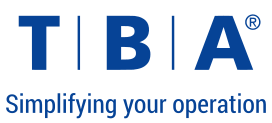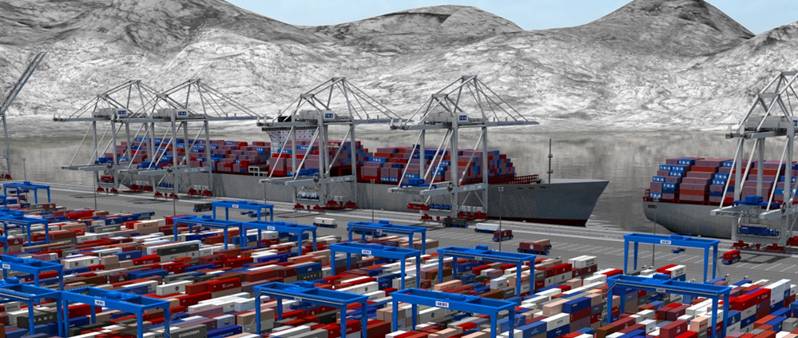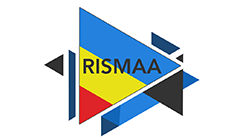The role of Machine Learning in Container Logistics


Motivation
Today, large amounts of data are produced by container terminals, either by equipment or planning/dispatching software running on the terminal. By analysing long term operation data, we can recognise patterns either in planning, equipment dispatching, or even in equipment failure or breakdown. The large amount of data and the observed patterns allow us to predict events to happen in the near future and make corrective suggestions.
The topic of this thesis is to investigate the role of using machine learning in container logistics. For this research the master candidate will use data produced by TBA simulation products. After clarifying a predictive problem, and raising the right research questions, the candidate will start using feature engineering techniques to identify pattern from the provided data. After the features are properly identified a machine learning model needs to be build. That can be implemented in a generic programming language, such as Java or Python, using machine learning libraries, like TensorFlow. The model should be capable to learn from simulated data and provide prediction with a great accuracy.
Methodology
The research strategy is based on expanding the knowledge by adapting it endlessly, inductively, and multidisciplinary based on new observations and knowledge. The candidate first will build up a basic domain knowledge about container terminal from different sources (e.g. articles, tools, discussion with TBA employees, etc). After that the research objective and questions will be refined. The candidate is expected to carry out a literature survey and get acquainted with feature engineering and machine learning technique. Finally, in iterative steps the data should be analysed, the patterns should be identified, and the model needs to be built, and evaluated.
Asteptam aplicatiile pana in data de 01.02.2019, trimitand un CV la adresa de e-mail: tde-info-romania@tba.group.

















